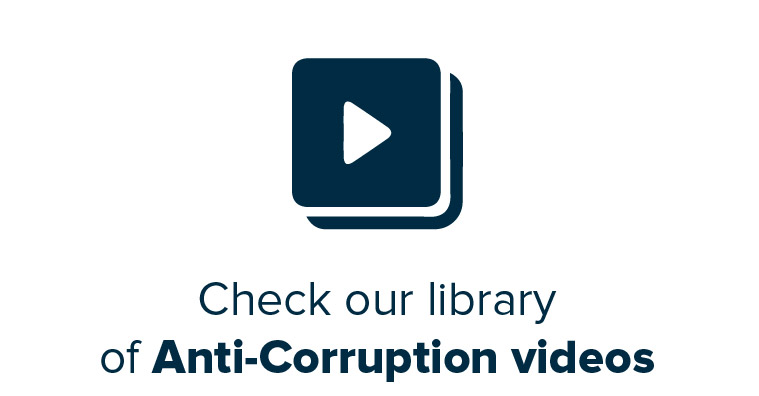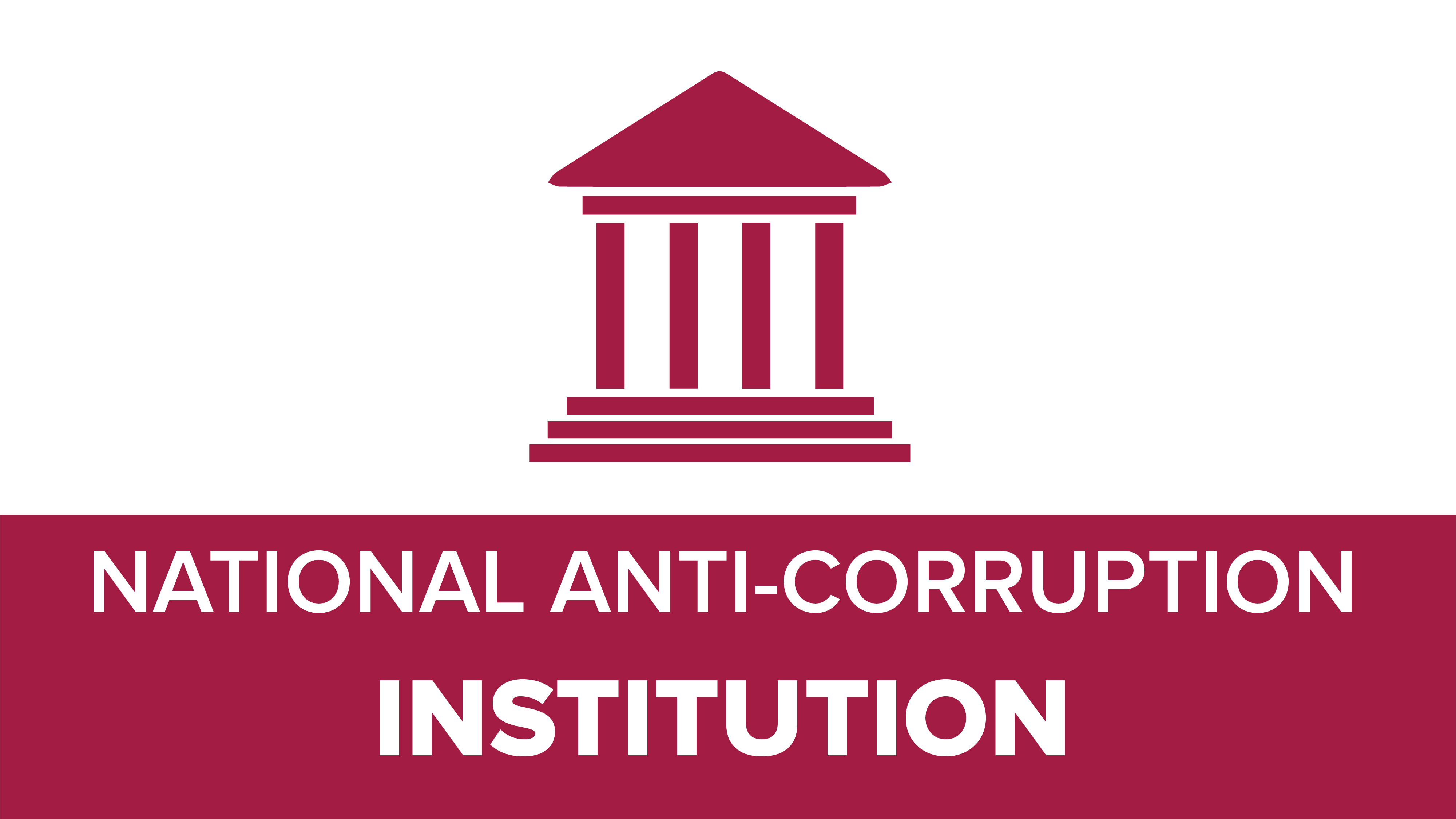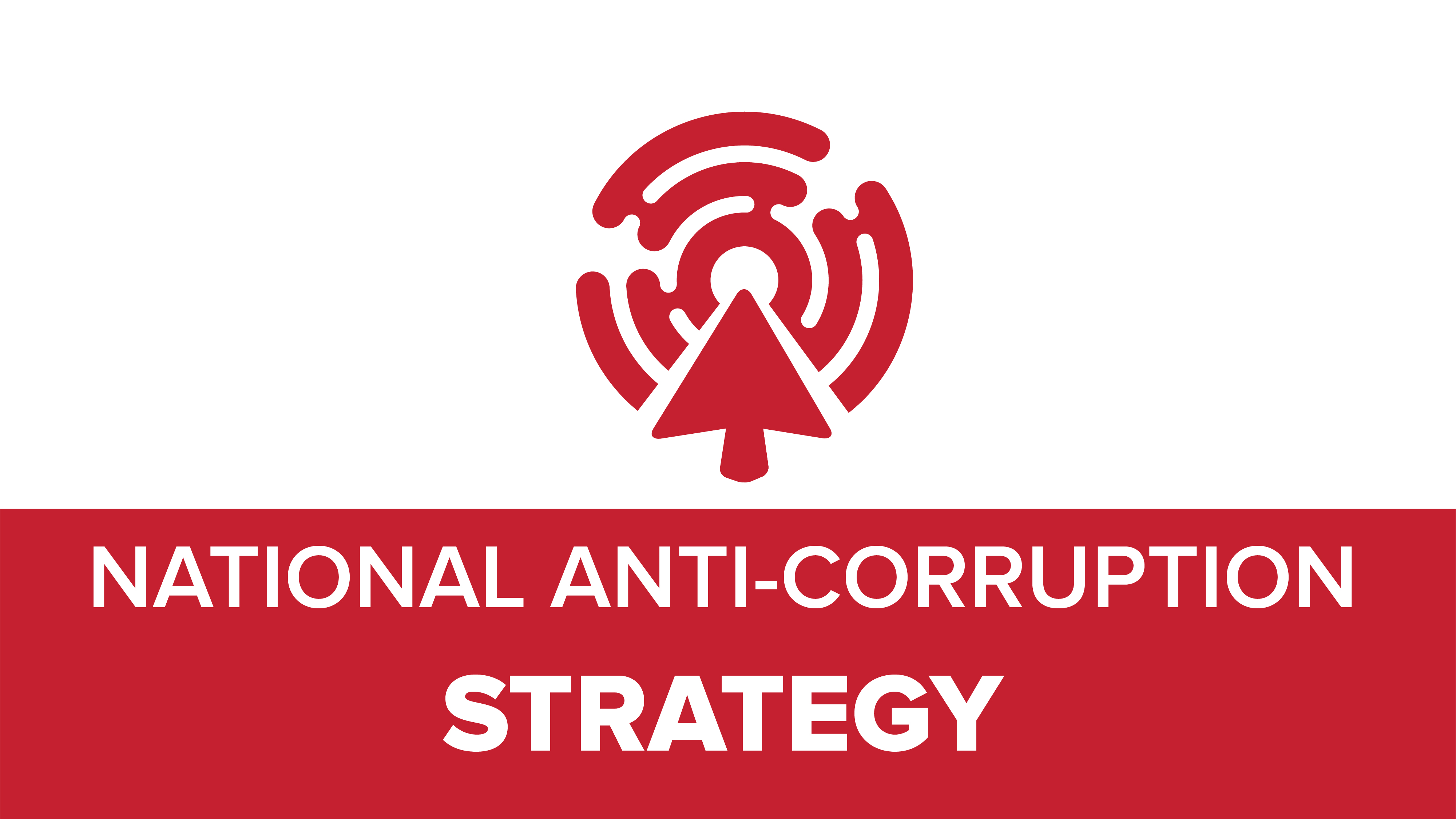United Nations convention against corruption
The United Nations Convention Against Corruption (UNCAC) is a legally binding international instrument adopted by the UN in 2003 and ratified by 187 states, including Lebanon who became a member in 2009.
The convention consists of 71 articles spread over eight chapters. It comprises four main parts:
The first part, on “Prevention”, covers legislations and measures every state should adopt and implement to enhance transparency, oversight and controls, in a way that makes it difficult for the corrupt to commit wrongdoings.
However, no matter how effective prevention is, treatment is indispensable! This leads to the second part, on “Criminalization and Law Enforcement”, which identifies the main corruption-related crimes and offences including bribery, embezzlement, influence peddling, work-related exploitation, illicit enrichment and other crimes, their sanctions, as well as the mechanisms that allow for the prosecution of the perpetrators effectively without obstacles such as immunities, bank secrecy, etc.
Since the corrupt can escape outside the country, and since corruption crimes can involve people and companies from many nationalities, the Convention’s third part is dedicated to “International Cooperation”. This part contains several provisions that provide methods that enable countries to seek legal and judicial assistance from other countries if needed and enables state parties to the Convention to work together on common corruption cases.
Finally, the fourth part is devoted to “Asset Recovery”, which includes all means that states can use to track, seize, freeze, export and recover stolen assets.
Prevention, then criminalization, then cooperation, then recovery: that is the convention in four words!
All states parties to the UNCAC, including Lebanon, are required to implement it effectively.
For more information about the United Nations Convention Against Corruption, you may access relevant resources by clicking the links below:
United Nations Convention Against Corruption

 Locations
Locations




